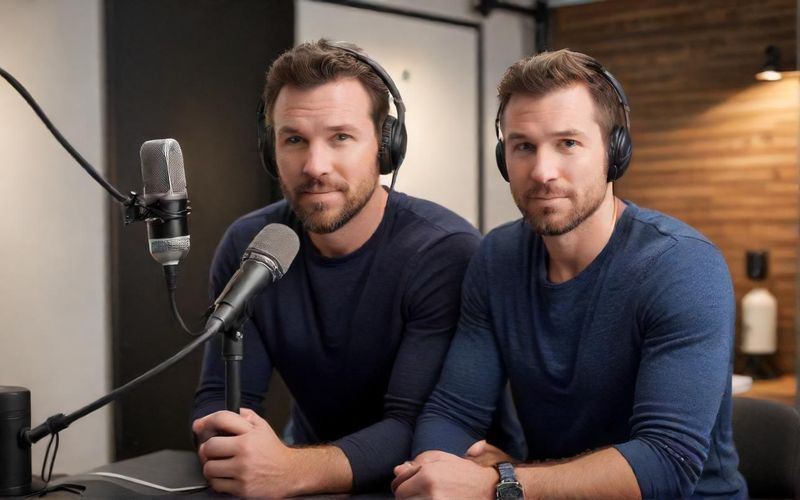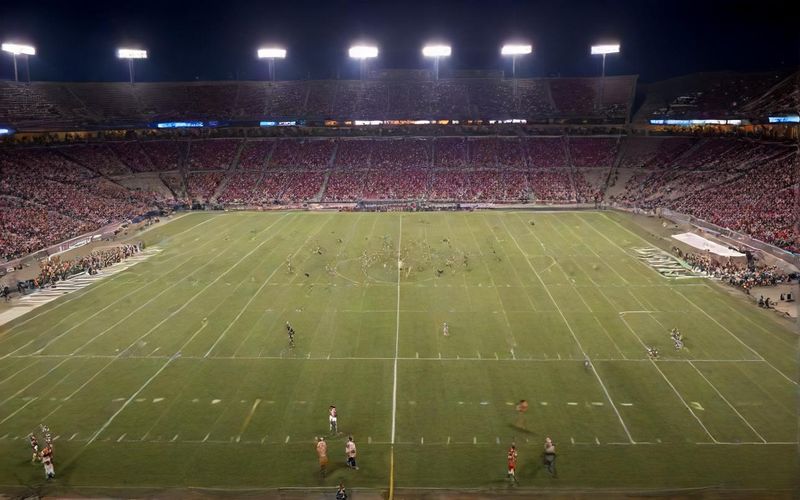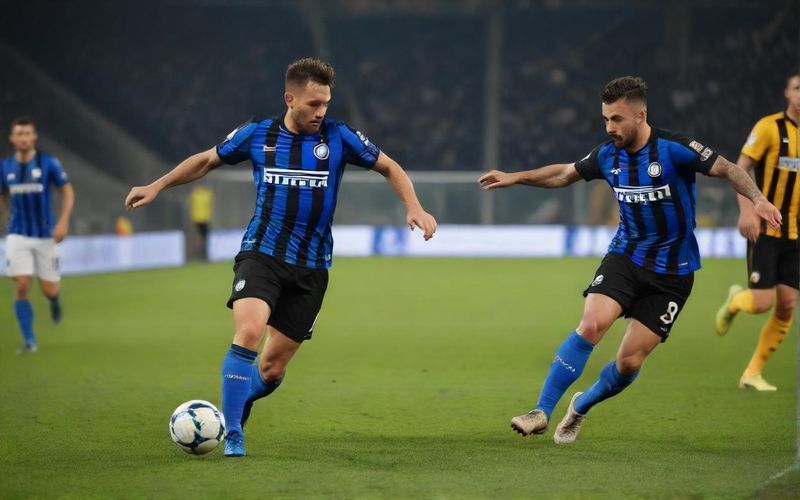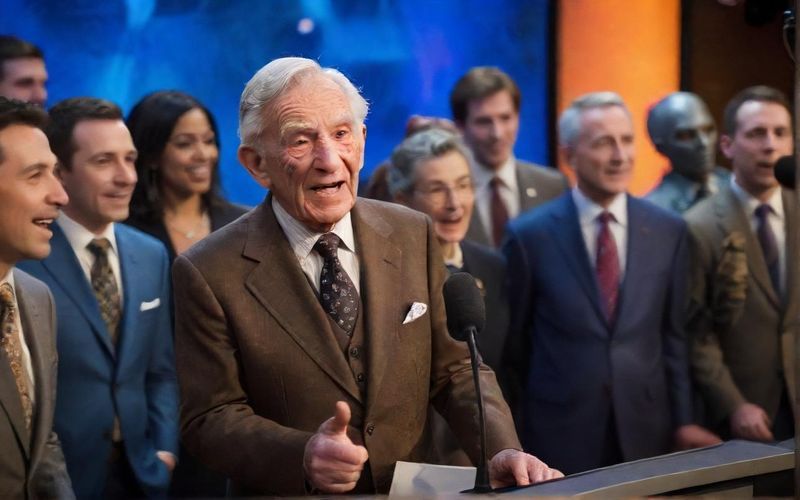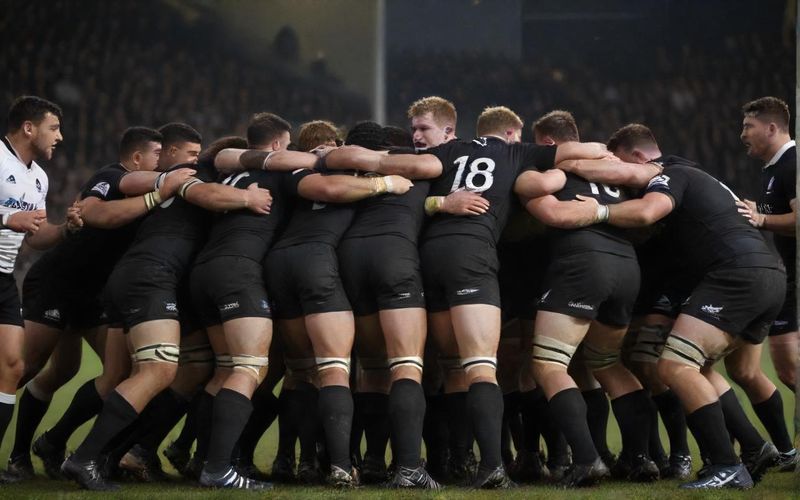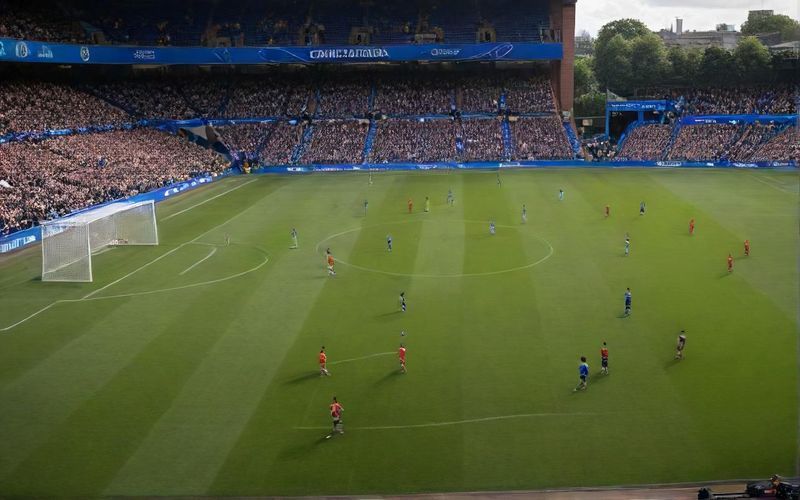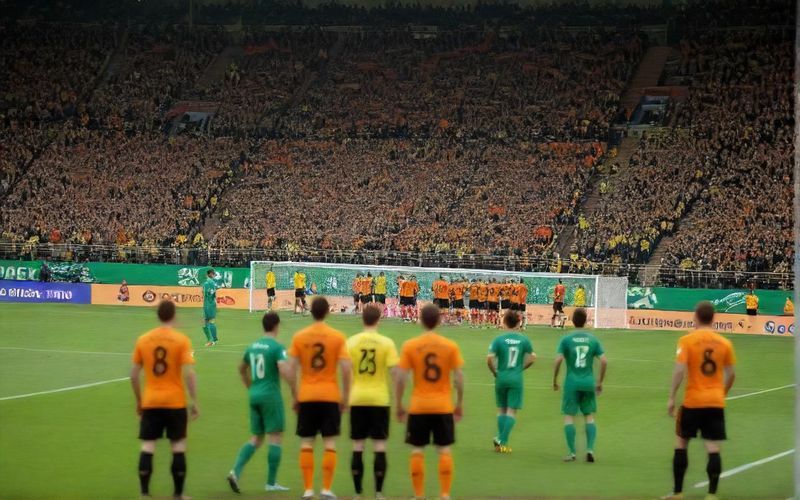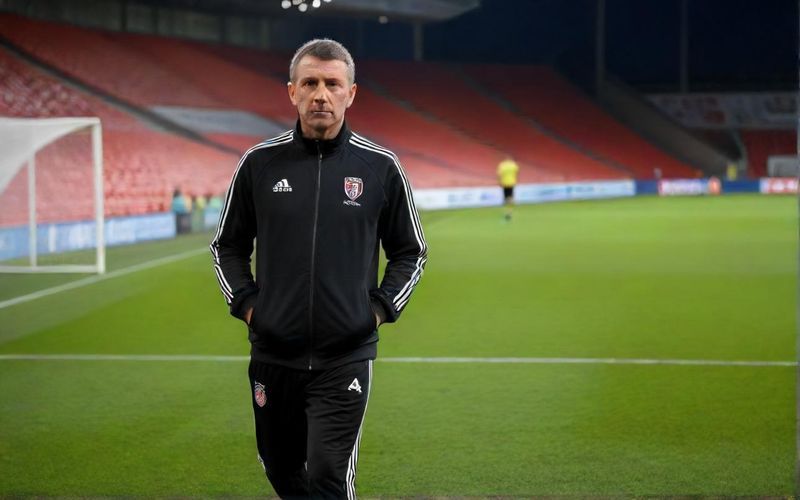Weir to Strasbourg: BlueCo's Brighton Play?

Weir, a figure with a deep history at Brighton & Hove Albion, having served in various capacities for seven years, including his most recent role as technical director, now steps into a new challenge. Strasbourg, currently performing commendably in Ligue 1, represents the latest acquisition by BlueCo. This isn't an isolated incident; it’s part of a larger narrative unfolding across the football landscape. The pattern is becoming undeniable: BlueCo is actively leveraging its connection to Brighton, bringing in personnel who understand the club’s culture and operational ethos.
This isn't just about filling positions. When we look at the roster of individuals who’ve transitioned from Brighton to BlueCo-owned entities – from Graham Potter’s appointment at Chelsea to players like Marc Cucurella, Moises Caicedo, and others moving to Stamford Bridge, and even players like Valentin Barco and Julio Enciso heading to Strasbourg – we see a deliberate strategy at play. It’s about transplanting a successful model, a shared footballing philosophy, and perhaps most importantly, a known quantity in terms of leadership and technical understanding. Weir's own words about being "convinced by the project and the quality of the people already in place" at Strasbourg suggest a confidence in this inherited expertise.
What's particularly insightful here is the implicit acknowledgement of what worked at Brighton. For years, under various leaderships, the club has been lauded for its smart recruitment, player development, and overall strategic vision. The fact that BlueCo is now actively replicating this by bringing in key personnel like Weir, or by recruiting players developed within that system, speaks volumes about the value they place on that established framework. It’s a testament to the deep experience and proven track record of individuals like Weir, whose contributions at Brighton were clearly recognized as significant.
This trend raises a crucial question about the future of football club ownership and management. Is this multi-club ownership model, characterized by a deliberate exchange of talent and strategy between affiliated clubs, the new benchmark for success? It offers a potentially efficient way to share knowledge, foster talent, and build a cohesive brand across different leagues and national contexts. Yet, it also brings its own set of challenges. How do these clubs maintain distinct identities while operating under a unified ownership umbrella? And how do we ensure that the pursuit of strategic synergy doesn’t overshadow the unique spirit and fan base of each individual club, like the historic Racing Club de Strasbourg Alsace? The ongoing evolution of this david weir situation and the broader BlueCo strategy will be fascinating to watch unfold.
